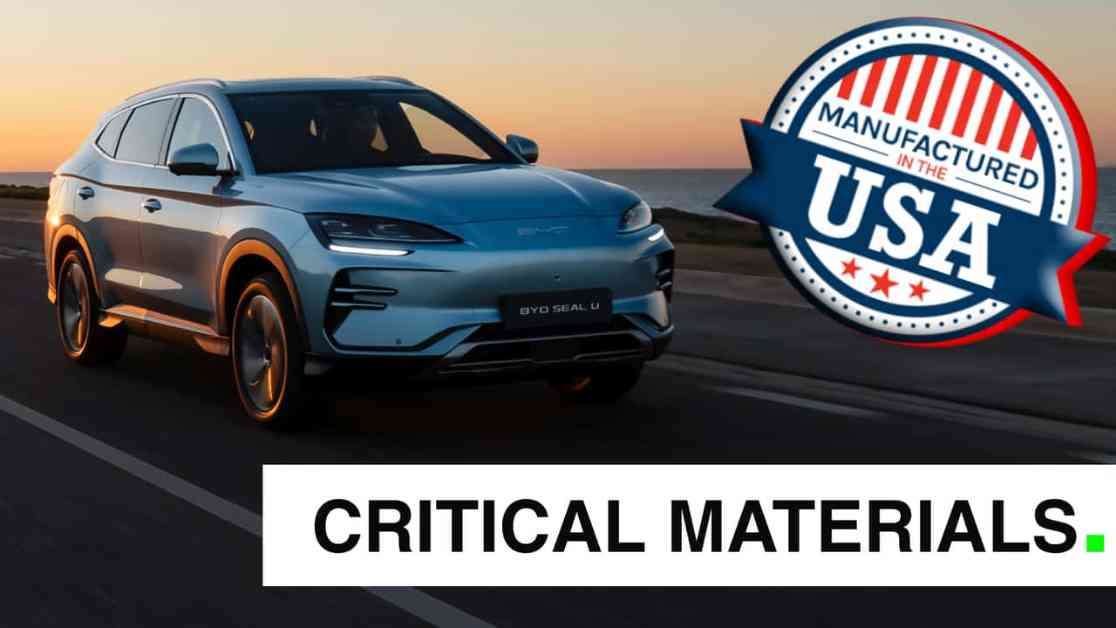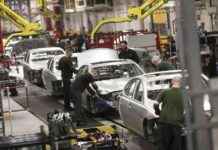Electric vehicles have become a hot topic in the 2024 election in America. The Biden Administration is supporting EV production and sales, while former President Donald Trump, who used to criticize EVs, is now showing some support thanks to Elon Musk. However, a more pressing issue looms on the horizon: Should America allow Chinese automakers, who are ahead in EV technology, to build cars in the US?
There are arguments on both sides of the debate. Some believe that allowing Chinese auto manufacturers to establish factories in the US could lead to mutual benefits and potentially ease tensions between the two countries. This could also help American automakers gain valuable EV knowledge. On the other hand, there are concerns about national security risks and the impact on the domestic auto industry if Chinese companies are allowed to operate on US soil.
Former President Trump surprisingly suggested that Chinese automakers should come to the US, a move that has divided opinions across party lines. Some industry experts and politicians are wary of Chinese investment in the US auto industry, citing potential threats and competition to existing American manufacturers.
One proposed solution is to require Chinese automakers to enter into joint ventures with American companies, similar to what China has done in the past. This could allow the US to benefit from Chinese capital and expertise while maintaining control over the industry.
Meanwhile, in Japan, automakers like Nissan and Honda are forming partnerships to stay competitive in the EV market. However, former Nissan-Renault-Mitsubishi boss Carlos Ghosn has raised concerns about Nissan’s position in the alliance, suggesting that Honda may end up taking control.
In the midst of these developments, Rivian, an American EV startup, is focusing on cost-cutting measures to improve its financial performance. The company has received investments from Volkswagen and is working towards reducing costs to achieve profitability.
As the debate over Chinese auto factories in America continues, it remains to be seen how the country will navigate this complex issue. With the EV market rapidly evolving, finding a balance between economic opportunities and national security concerns will be crucial for shaping the future of the auto industry in the US.



